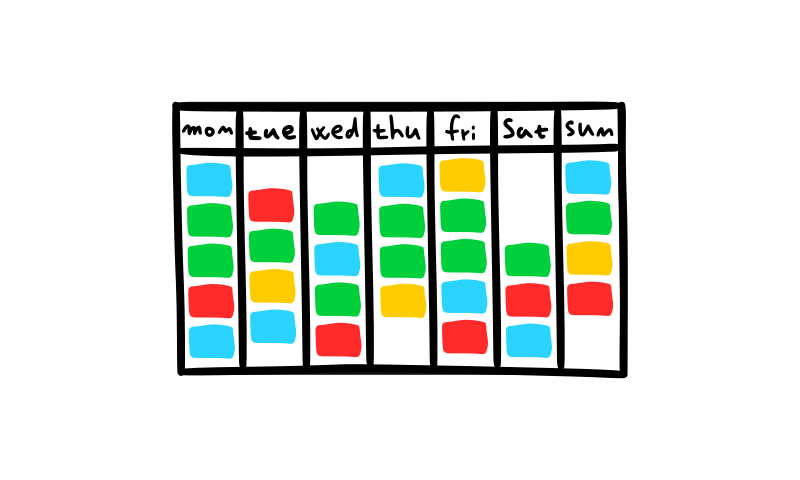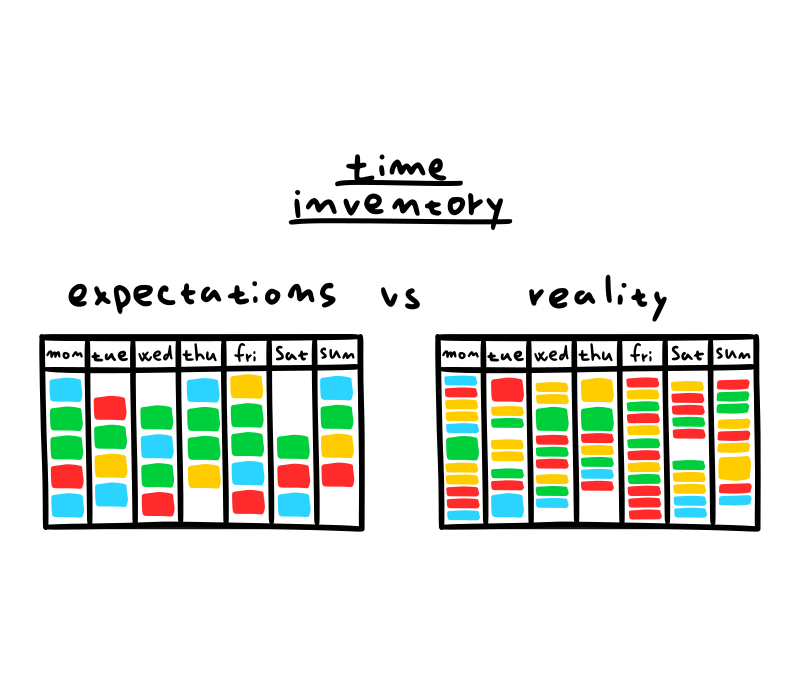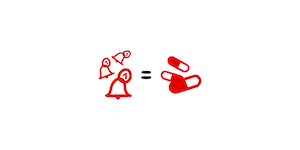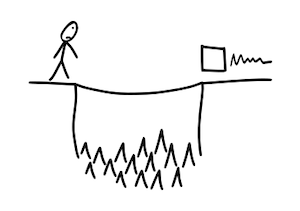How logging your time for 7 days helps you use it better

Many people admit they have a time management problem - they don’t get to do what they want to, they don’t get as much work done as they’d like to, they just don’t have time.
If you find yourself in that category, what to do about it?
The first step to getting where you want to be is understanding where you are right now.
Where does your time go now?
We won’t ask you to recall what you did yesterday, that wouldn’t give you a clear picture.
We’ll ask you to record what you do for 7 days.
Right now, you might be thinking to yourself:
Okay, sounds useful, but… why bother? Why make the effort?
Here’s Drew Houston, the CEO of Dropbox, talking about logging his time and its effects (emphasis ours):
“I think one of the most valuable concepts from The Effective Executive is measuring your time or like understanding where your time goes.
And it is kind of shocking and hilarious but really tragic that we all think we know exactly where our time goes, but then when you measure it, you’re not usually just like slightly wrong. You’re like totally upside down. So, this is a really valuable exercise for anyone. But actually like keeping a log of where you spend your time and categorizing it, I remember the first time I did this. I was like, all right, I’m running the company. Things are going well. What do I spend my time on? Oh, back then, I was like, oh, I spend my time on the product and recruiting and da-da-da. Um, and when I actually did the inventory, I was spending like no time on those things. There was a lot of OPP back then, just like following up on favors or speaking engagements that didn’t really do anything for the company. There wasn’t like a lot of total fat like that, but what you find is you write down your priorities. And you look at your time, and you find that things are totally mismatched.
And so any mechanism you can to first understand where your time goes and then make sure your priorities actually match it, I think at the end of the day that’s conceptually what you want to do.”
(Source: tim.blog/2018/08/29/the-tim-ferriss-show-transcripts-drew-houston/)
Recording your time for a week will:
- Help you get a clear picture of how you spend your time
- Reveal any mismatch between your priorities and how you spend your time
- Show you where you have reserves - time windows that you could use better

You might also find that your day is much more fragmented than you thought, or that you don’t do any deep work, or that you’re totally neglecting an area of your life or business.
But to find any of that out, you need to track your time.
Seems worth the roughly 10 minutes of total effort per day, no?
Record how you spend your time for 7 days
It doesn’t have to be and is not as hard as it may seem.
Do you want to know (not guess) where your time goes?
- Grab your favorite calendar.
- Try to record every 30 minutes of your time.
- Every few hours, spend 1-2 minutes jotting down what you did.
- That’s it. It’s simple and effective.
Rules & tips:
- You don’t have to be exact.
You don’t need to know that you brushed your teeth from 8:41 to 8:48 PM, 8:30-9PM block titled “Hygiene” is good enough.
- If you’re not sure what you did, try to remember.
If you can’t remember, put in a general term like “Rest” or “Tidying” or “Talking to Friends”
- Keep a calendar in an open tab in your browser or as the first icon on your phone’s home screen.
That way, you have a visual reminder to log your time.
- Don’t feel guilty if you didn’t spend your time well, put that in.
You might be reluctant to record that you spend 3 hours on YouTube or 5 hours on Netflix. That’s okay.
The aim of the exercise is to have an accurate picture of your time, not the ideal picture.
At the end of the week, spend 10-15 minutes looking at the logged time in your calendar.
Does the time allocation reflect your priorities and goals? Do you have enough time for rest? Do you have enough deep work?
Reflect on what changes you'd like to make.
Time is the most valuable resource we have, let’s not waste it when we can prevent it.
Try logging your time for 7 days as closely as you can, it will be worth your time.



